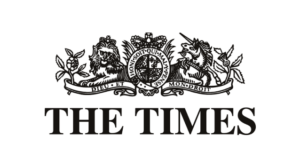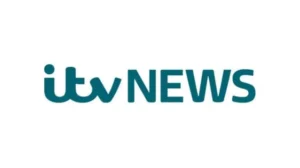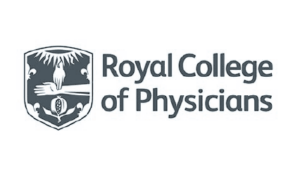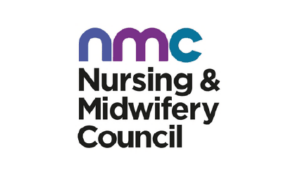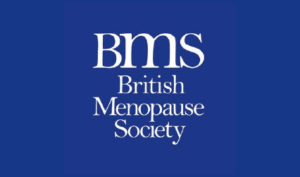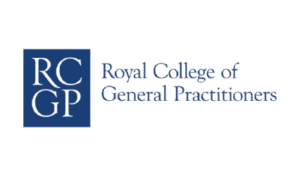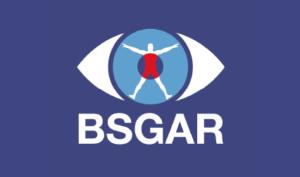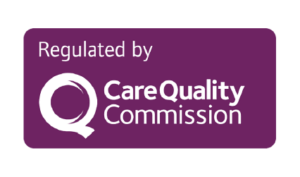A. Confidentiality Notice
This document and the information contained herein are the property of House of Health UK (“the Organisation”).
This document contains information that is privileged, confidential, or otherwise protected from disclosure. It must not be used by, nor its contents reproduced, copied, or disclosed without prior written consent from House of Health UK.
1. Summary
Information holds immense value, both in the clinical care of patients and in the efficient operation of services and resources. It plays a pivotal role in clinical governance, service planning, and performance management. Consequently, it is imperative to ensure the effective management of information. This involves the establishment of robust governance structures, policies, procedures, and accountability mechanisms. This policy should be considered in conjunction with the Confidentiality Policy.
2. Relevant CQC Fundamental Standard/H+SC Act Regulation (2014)
Regulation 15: “Premises and Equipment”
3. Guiding Principles
The Organisation recognises the need to balance openness and confidentiality in information management. It supports corporate governance and public accountability while safeguarding personal, staff, and commercially sensitive information. Patient information may be shared with other healthcare organisations and agencies in a controlled manner, respecting patient and public interests.
The Organisation acknowledges that accurate, timely, and relevant information is essential for high-quality healthcare. It is the responsibility of all staff to ensure information quality and its active use in decision-making processes.
There are four interconnected aspects of the Information Governance Policy:
a) Openness
b) Legal Compliance
c) Information Security
d) Information Quality Assurance
4. Responsibilities
The CQC Registered Manager defines the Organisation’s Information Governance policy, considering legal and healthcare requirements, and ensures adequate resources for policy support. The CQC Registered Manager serves as the Information Governance Lead, overseeing daily Information Governance matters, developing and maintaining policies and standards, raising awareness, and ensuring ongoing policy compliance.
All staff, including permanent, temporary, or contracted employees, and contractors, are responsible for daily compliance with Information Governance requirements.
5. Policy Approval
The Organisation recognises the value of information as a valuable asset and commits to ensuring compliance with this policy. Staff, contractors, and relevant parties are expected to adhere to this policy to ensure Information Governance compliance and effective healthcare delivery to the local population.
6. Caldicott Guardian
6.1
The Caldicott Guardian, a senior official, is responsible for safeguarding the confidentiality of patient and service-user information and facilitating appropriate information sharing. Every CQC regulated organisation must appoint a Caldicott Guardian. In our Organisation, the Practice Manager is responsible for designating a Caldicott Guardian.
6.2
Personally identifiable information exists in various forms, including digital storage, network transmission, physical paper records, spoken communication, and recordings. The Organisation must ensure the integrity, confidentiality, and availability of sensitive information.
6.3
No one associated with the Organisation, including staff from commercial partners and volunteer groups, is permitted to share personally identifiable information unless authorised by the Organisation’s Caldicott Guardian. Authorisation is typically granted when access is essential on a need-to-know basis and aligns with Caldicott principles.
6.4
The Caldicott standard is built upon six principles:
7. Confidential Waste Management
7.1
Confidential waste is defined as waste containing personally identifiable information or business-sensitive data. The following are specific materials classified as ‘confidential’ and require secure disposal:
7.2
The Organisation has a legal obligation under the Data Protection Act 2018 to protect all personally identifiable information. The seventh principle emphasises the need for appropriate technical and organisational measures to prevent unauthorised processing or loss of personal data.
7.3
The Organisation acknowledges its duty to safeguard all personally identifiable and confidential information related to its business activities from public exposure. Proper control of record destruction minimises vulnerability to legal challenges and financial losses.
7.4
All staff members, whether clinical or administrative, have the responsibility to ensure the effective, secure, and policy-compliant destruction of confidential information. Any breach of confidentiality is treated as a security incident and must be reported following the Organisation’s Incident Reporting Policy.
7.5
To meet legal requirements, the Organisation must retain records appropriately. Records that have reached the end of their lifecycle should be destroyed using one of the following methods:
8. Subject Access to Clinical Records Policy
Please refer to the separate “Subject Access to Clinical Records Policy.” Note that charges for Subject Access cannot be raised after the introduction of GDPR from May 2018.
9. Information Risk Management
As the Organisation increasingly relies on computerised systems for communication and information management, associated risks rise. These include risks to confidentiality, data integrity, system availability, business continuity, avoiding prosecution, and compliance with data protection laws. These risks will be reviewed and managed in line with the Organisation’s broader Risk Strategy.
10. Virus Protection
Anti-virus software will be installed, enabled, and regularly updated on all personal computers and notebooks/laptops used by the Organisation’s staff. The anti-virus software will be configured to check all infectible file types from local drives, the Internet, and email. Any actual or potential computer virus threats will be promptly addressed.
11. Hardware and Media Disposal
The Organisation will implement procedures to prevent accidental disclosure of personal or sensitive data when disposing of hardware or media. Procedures will include reformatting or, preferably, physical destruction of storage media holding confidential information.
12. Access Controls
13. Environmental Controls
Key equipment and paper records will be in environments with appropriate temperature, humidity, and dust controls. Fire risks will be minimised with smoke detectors and alarms.
14. Control of Software Systems
Unlicensed software installations are prohibited. Records of software licenses and evidence of purchases and renewals will be maintained.
15. Information for the Public and Users
Information for the public will be made available through the website. Users and their relatives can access information about personal care and treatment under Subject Access provisions, complying with the Data Protection Act 2018.
16. IT Business Continuity Plan
The Organisation will establish arrangements for business continuity in the event of IT system or communication failures. Plans will cover data restoration, hardware and communications fallback, interim measures for clinical messaging, and paper-based records. (Please refer to the Business Continuity Plan Policy).
17. Sharing of Data with Other Agencies
The Organisation acknowledges that other agencies may require service user information in the course of their duties. Information sharing will only occur when there is a clear business need, ensuring confidentiality. Personal data sharing will require prior consent unless there are compelling public interest reasons or court authorisation. Records of shared information will be maintained, and confidentiality breaches will be treated as security incidents.
18. Records Retention
Records pertaining to service users and non-clinical functions, such as accounting and financial matters, will be retained according to statutory timeframes. For details, please refer to the Data Retention Policy.
19. IT Security Incidents
The term “significant incident” may vary in interpretation but should encompass any event resulting in system downtime, data loss or corruption, suspected unauthorised access, virus detection, or suspected malicious attempts to disrupt services or data. Incidents that compromise our information governance responsibilities may include:
Any such incident should be promptly reported to the Organisation’s Practice Manager or its designated person, who will assess:
The Organisation will maintain a record of significant IT-related security incidents, including date, time, location, discovery, incident description, corrective actions, and preventive measures.
Any severe information breach should be reported to the Information Commissioner’s Office, including breaches of the Data Protection Act (DPA), Privacy and
Electronic Communications Regulations (PECR), or unlawful obtaining of personal data (section 55 DPA breach). Notifications can be made via the ICO website.
20. General Data Protection Regulations (GDPR)
Since May 2018, GDPR has been applicable in the UK, emphasising increased responsibility for organisations handling data. House of Health UK commits to full GDPR compliance and ensures the following:
21. Professional Responsibilities
Professional staff are required to maintain contemporaneous notes of service user consultations. Electronic records must be clearly attributable.

